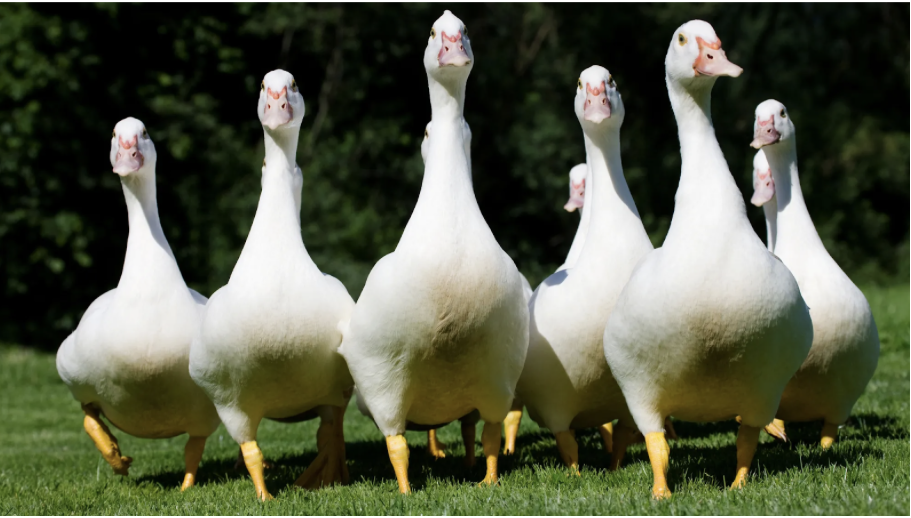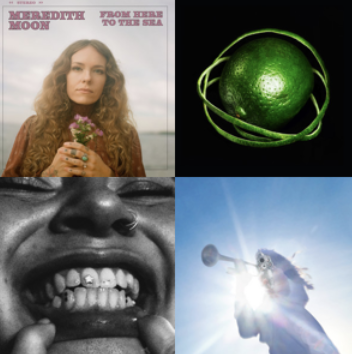It’s hard to hear the long overused cliché of looking for the light at the end of the tunnel when some growing pains seem irreparable. Memories rehash and wounds are licked and it is human nature to wonder “What was it all for? Was the pain worth the endgame?” Retrospectivity haunts us when we enter isolation, and in the void of all confusion we choose to shelter ourselves to avoid going through the same things that hurt us again. This is the aftermath that Cornelia Murr portrays metaphorically in her EP Corridor. The fairytale-sounding compilation of six tracks is as if Art Garfunkel’s 1975 “Waters of March,” was expanded into a search for meaning after the devastating end of a relationship. Murr creates a lingering meditative ambience with her breathy, mellow vocals that compliment each arrangement. The experimental sound is the result of her self-produced and self-recorded project.

Listeners are greeted with soft layered vocals as the opening track “All Souls” unfolds. Murr doesn’t take long in revealing the recurrent theme ever present throughout this EP: what ought to be taken away isn’t how relationships come to an end, but the strength by which love thrives in all places despite its setbacks. This point is repeated in the following track “Changed” where Murr sings about hopes “to pocket the past like gold,” as each person is faced with the inevitable change that comes with parting ways, “Change, change / You’ll change me too / And I will you.” These two tracks represent a rising hybrid sound among many indie artists, which uses psychedelic omnichords, synths, and soft vocals to answer some of life’s biggest unknowns. Similar sounds include Jessica Pratt’s 2019 Quiet Signs, Beach House’s Once, Twice Melody and Weyes Blood’s most recent release And in the Darkness, Hearts Aglow.
The EP takes a slow break in the middle two songs, “Heroes” and “Again” as Murr delves into the hardship of relationships ending. The commonality here is a feeling of defeat from past experiences with love. “Heroes” is a soft, comforting track where two people come out of a relationship feeling like heroes in their own story despite the pain they might have caused each other. Similarly, “Again” prioritizes its sonic simplicity to emphasize a fear of trusting again after only knowing love which is fleeting. Murr ends this fourth track on a brighter note as she sings to another version of herself “Don’t let me skip the middle for the end,” reminding both herself and her listeners to remember love not for the pain it might have brought but for the good moments that make love love.
Perhaps the last two songs metaphorically serve the album’s concept as the light at the end of the corridor. “It’s Over,” portrays a new found perspective regarding the end of a relationship. Murr sings about a planned future with a significant other that never met its fulfillment. This song is more upbeat in comparison to its neighboring tracks, as a new realization sets in: the end only means the beginning of something new. The bells and subtle hints of maracas build this comforting feeling as the song draws to an end and transitions to the closing “Only You Know.” This track opens with the hopes that love will come into a person’s life once again and bring the joy it once brought. The build up of acoustics in the chorus give listeners a resounding message for a brighter future, one that Murr also hopes to experience.
Corridor stands as proof of resilience in many ways. For one, it is a creative outlet for Murr’s own isolation in a spiritual and majestic way. And as for the listeners, it is a sign for hope: the sounds of this beautiful project remind us of the beauty awaiting to be discovered even in the darkest times.




